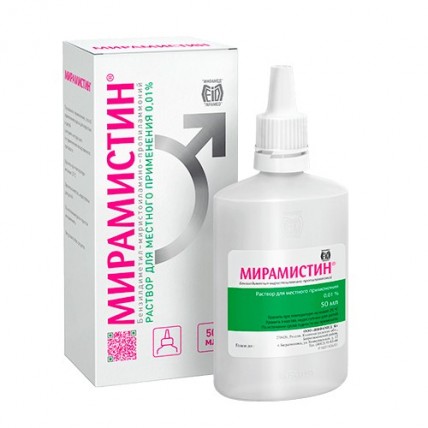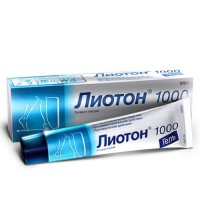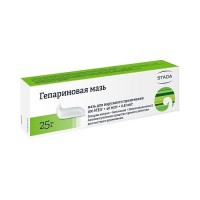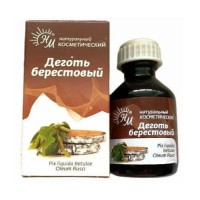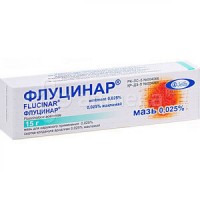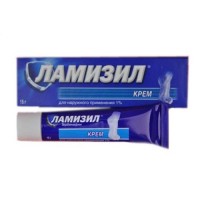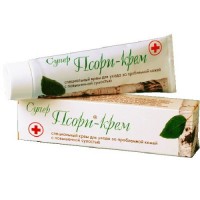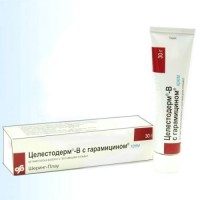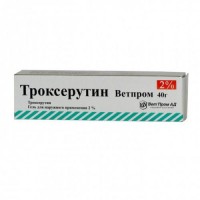What is Myramistin?
Myramistin is a versatile antiseptic solution widely used for its antimicrobial properties. It is effective against a broad range of bacteria, including antibiotic-resistant hospital strains, and also possesses antifungal and antiviral capabilities. This clear, colorless liquid foams when shaken and is known for its bactericidal action, especially against both gram-positive and gram-negative bacteria.
How Does Myramistin Work?
Myramistin works by disrupting the cell membranes of microbes, leading to their destruction. It is effective against a variety of microorganisms, including:
- Bacteria such as Staphylococcus, Streptococcus, Pseudomonas, and Escherichia coli.
- Fungi including Aspergillus, Penicillium, Candida, and dermatophytes like Trichophyton.
- Viruses including complex ones like herpes and HIV.
- Pathogens causing sexually transmitted infections like Chlamydia, Treponema, and Neisseria gonorrhoeae.
What Are the Benefits of Using Myramistin?
Myramistin offers numerous benefits due to its broad-spectrum antimicrobial activity:
- Prevents Infection: It is highly effective in preventing wound and burn infections.
- Promotes Healing: The solution helps in activating regeneration processes and enhances the protective reactions at the application site.
- Non-irritating: It does not cause local irritation or allergic reactions, making it suitable for sensitive skin.
- Versatile Applications: It is useful in various medical fields including surgery, dermatology, gynecology, and dentistry.
How to Use Myramistin?
General Usage Instructions:
- Remove the cap and any applicator if present.
- Attach the provided spray nozzle or applicator.
- Prime the spray by pressing several times.
Otorhinolaryngology:
- Sinusitis: Rinse the maxillary sinus during puncture with an adequate amount of Myramistin.
- Otitis: Apply 5 drops into the ear canal 4 times a day or use a gauze soaked in the solution.
- Throat Infections:
- Children 3-6 years: 3-5 ml per rinse, 3-4 times daily.
- Children 7-14 years: 5-7 ml per rinse, 3-4 times daily.
- Adults and children over 14: 10-15 ml per rinse, 3-4 times daily.
Dentistry:
- For conditions like stomatitis and gingivitis, rinse the mouth with 10-15 ml of the solution 3-4 times daily.
Surgery and Traumatology:
- Apply directly on wounds or burns, use gauze soaked in the solution, or employ active drainage techniques.
Gynecology:
- For preventing postnatal infections, use vaginal irrigations before and after childbirth, and apply tampons soaked in the solution.
Dermatology:
- Apply Myramistin on affected areas 3 times a day for conditions like pyoderma and dermatomycosis.
Venereology:
- Effective within 2 hours post-intercourse for preventing sexually transmitted infections by applying the solution to genital areas and urethra.
Urology:
- For treating urethritis, inject 2-3 ml into the urethra 1-2 times a day for 10 days.
Are There Any Side Effects?
Side effects are rare but may include:
- Mild Burning: A transient sensation that typically subsides within 15-20 seconds.
- Allergic Reactions: Very rarely, some may experience an allergic response.
Storage and Handling
- Store Myramistin at temperatures not exceeding 25°C (77°F).
- Keep it out of reach of children.
- The shelf life is 3 years, and it should not be used beyond this period.
Conclusion
Myramistin is an essential antiseptic with broad-spectrum antimicrobial properties, useful in preventing and treating infections across various medical disciplines. Its easy application and non-irritating nature make it a reliable choice for both medical professionals and patients.
